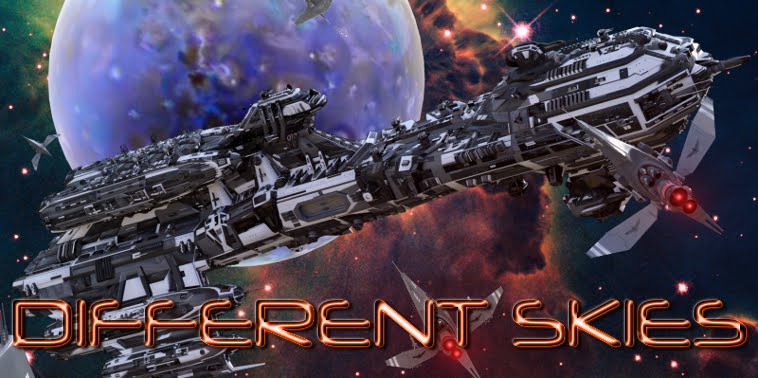I’ve drawn plenty of positive inspiration for my writing from books. When I was young just the fact that they ended and left me wanting more was enough to encourage me to scribble away. I’ve even found inspiration in reading the blurb on a dustjacket and imagining the plot it describes, which usually bears no resemblance to what’s inside the covers of course. As I’ve mentioned before the idea for the Pioneer Wars came out of a discussion about an apparent plot hole in someone else’s story idea. There is though a great deal of inspiration to be drawn from books that are poor or just outright awful.
As I said a really good book can be a source of inspiration, but it can just as easily become a seemingly insurmountable challenge, a piece of greatness you can never hope to even get close to matching. A bad book on the other hand encourages you to think 'I know I can do better than that and if they got published..' A bad book however can offer much more than that, after all as a writer you learn by trial and error, so why not seek to speed up your learning by examining the mistakes that others have made? Courtesy of various bad books I've learned that proof reading is not optional, that cool ideas do not equal a plot, that starting a story and hoping an ending pops up is a bad idea and that writing a book because a particular genre is 'hot' right now is seldom going to work well.
So what I'm saying is that as writer if you invested your time and money in a reading a really bad book you can console yourself with the thought that it was an educational experience. :)
So what I'm saying is that as writer if you invested your time and money in a reading a really bad book you can console yourself with the thought that it was an educational experience. :)

